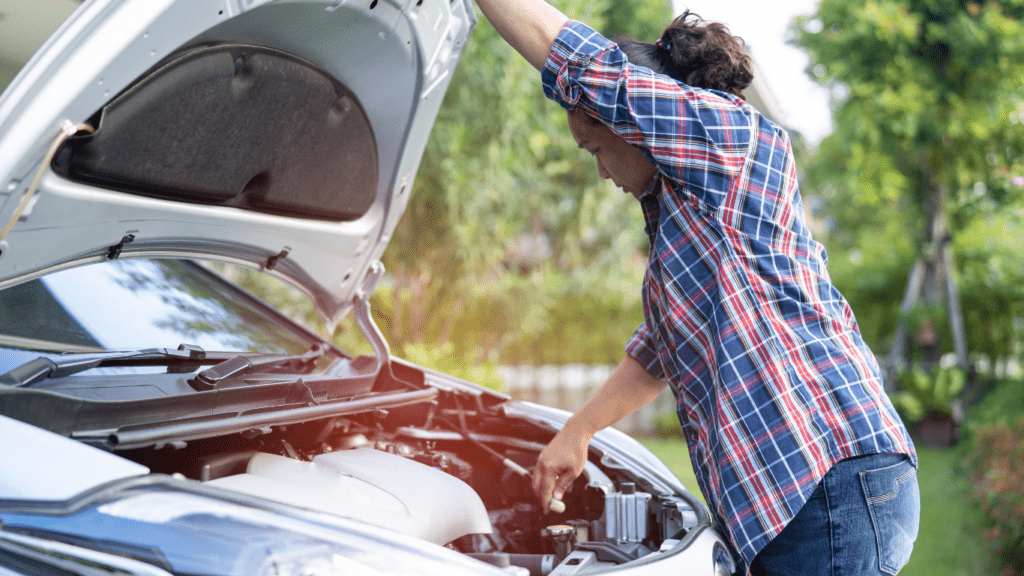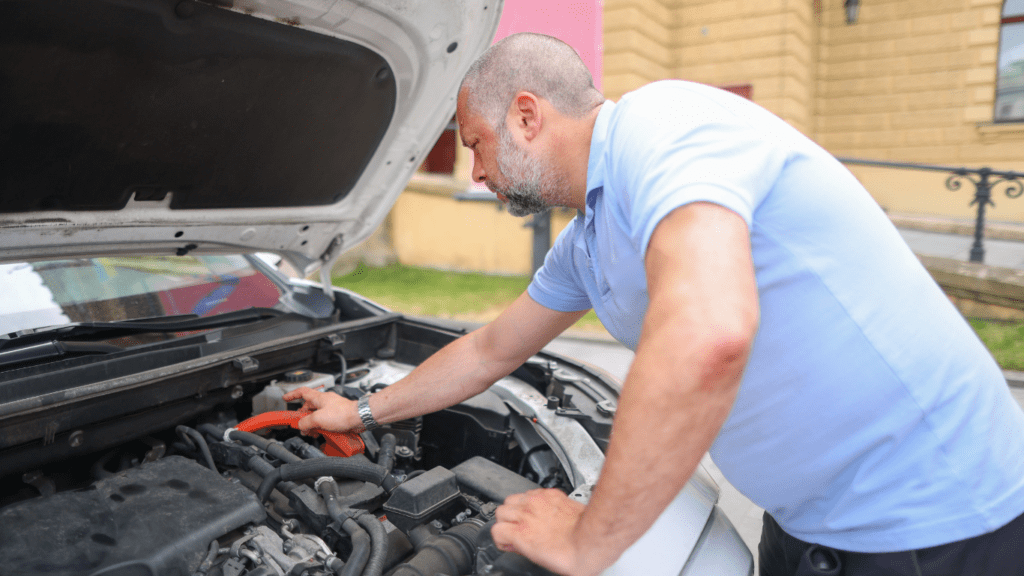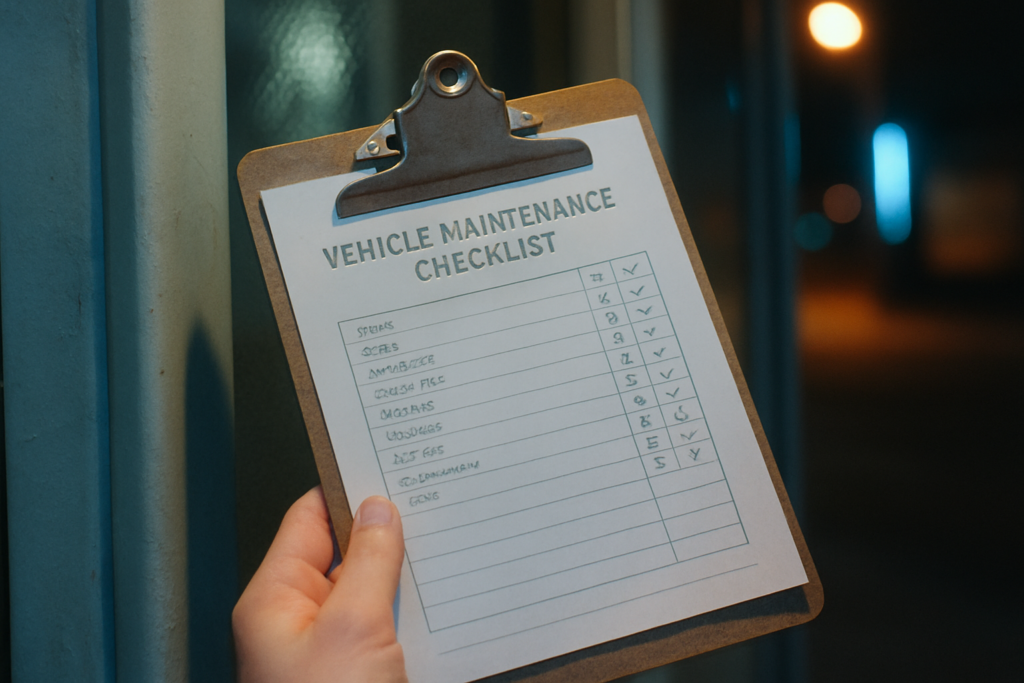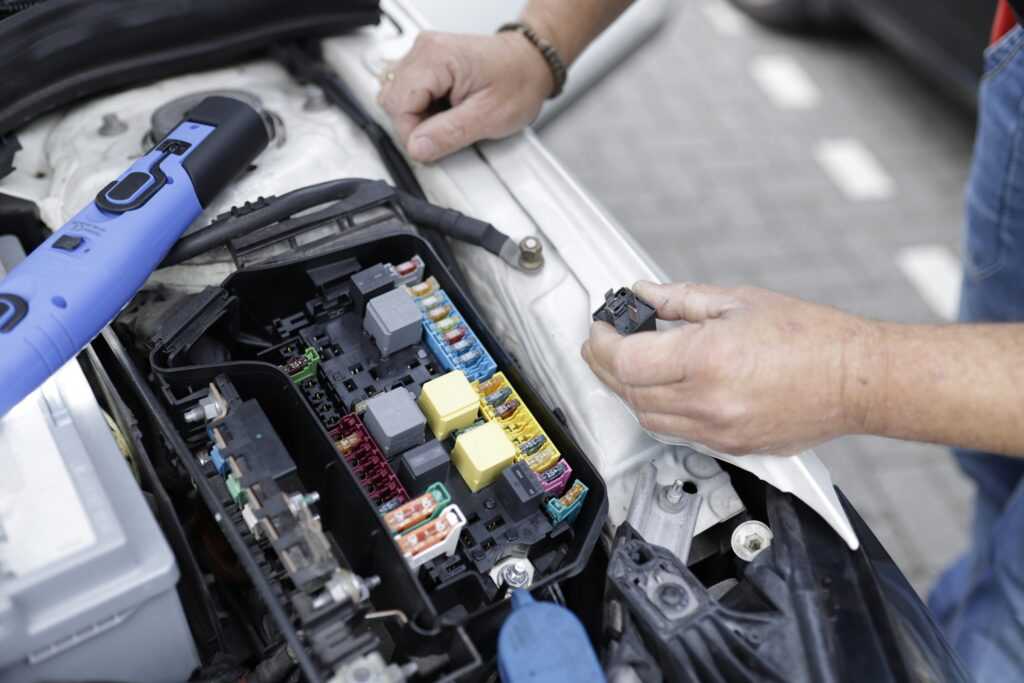Understanding Engine Overheating
Engine overheating can cause severe damage and lead to expensive repairs. Engines generate a lot of heat when running, especially in summer. When temperature exceeds safe limits, overheating occurs.
There are several common causes of engine overheating:
- Low Coolant Levels: Low coolant levels reduce the cooling system’s ability to absorb and dissipate heat. Always check and maintain proper coolant levels.
- Malfunctioning Thermostat: A faulty thermostat might not open when needed, preventing coolant from flowing through the engine. This restricts heat transfer and causes temperature rise.
- Blocked Radiator: Debris, dirt, or corrosion can block radiators and impair cooling efficiency. Regularly clean and inspect the radiator to ensure it’s functioning optimally.
- Faulty Water Pump: The water pump circulates coolant through the engine and radiator. If it fails, coolant flow decreases significantly, leading to overheating. Watch for leaks or noises from the pump.
- Broken Radiator Fan: Radiator fans help cool the coolant in the radiator. If the fan isn’t working, the radiator won’t properly cool the coolant, resulting in higher engine temperatures.
Recognizing the signs of engine overheating can prevent severe damage. Common indicators include:
- Temperature Gauge Readings: If the temperature gauge moves into the red zone, it signals overheating. Monitor the gauge regularly while driving.
- Steam or Smoke: Steam from the engine compartment usually indicates a coolant leak or an overheating engine. Pull over immediately if you notice this.
- Burning Smell: A burning odor might stem from overheated oil or coolant. Check for leaks or other issues if you detect this smell.
- Reduced Engine Performance: Overheating can cause a drop in engine performance, noticeable as sluggishness or reduced power. Address overheating issues promptly to prevent lasting damage.
By understanding the causes and signs of engine overheating, you can take preventive measures and ensure your vehicle’s longevity.
Causes of Engine Overheating

Engine overheating often stems from several common issues. Recognizing these causes helps in taking preventive measures.
Insufficient Coolant
Low coolant levels can lead to engine overheating. Coolant absorbs heat from the engine and helps regulate its temperature. If coolant levels are low, the engine lacks proper cooling, causing the temperature to rise. Regularly checking and topping off coolant is crucial, especially in hot weather.
Radiator Issues
Blocked or malfunctioning radiators hinder effective cooling. Radiators dissipate heat from the coolant, preventing the engine from overheating. Blockages, such as debris or mineral deposits, reduce the radiator’s efficiency. Similarly, leaks or damage can compromise its performance. Inspecting the radiator for signs of blockage or leaks ensures it operates optimally.
Faulty Thermostat
A malfunctioning thermostat disrupts coolant flow. The thermostat regulates when coolant flows through the engine. If stuck open, the engine runs too cool; if stuck closed, it overheats. Ensuring the thermostat functions correctly is vital for maintaining the engine’s temperature. Regular maintenance and replacement, when necessary, prevent overheating issues.
Preventive Measures
Implementing preventive measures ensures that engines remain cool in hot weather.
Regular Maintenance
Scheduled maintenance avoids unexpected engine overheating. I recommend following the manufacturer’s maintenance schedule to check key engine components. Regular oil changes help lubricate the engine and reduce heat buildup. Routine inspections of belts and hoses prevent cracks, leaks, or wear that could lead to overheating. Ensure that the auxiliary cooling fan operates correctly to enhance engine cooling efficiency.
Checking Coolant Levels
Monitoring coolant levels is a crucial step. Low coolant can cause the engine to overheat. Check the coolant reservoir and radiator when the engine is cool. Top off the coolant with a proper mixture of antifreeze and water, as recommended by the vehicle manufacturer. Inspect coolant color and consistency—cloudy or rusty coolant indicates the need for a flush and replacement.
Inspecting Radiator and Hoses
Regularly inspecting the radiator and hoses prevents blockages that hinder cooling. Look for debris, dirt, or obstructions that could reduce airflow through the radiator fins. Examine hoses for signs of wear, cracking, or leaks. Replace any damaged hoses immediately to ensure they don’t fail under high pressure. Consider pressure testing the cooling system to detect leaks.
Maintaining these practices ensures that your engine stays cool and efficient during the hottest months.
Driving Tips for Hot Weather
Effective driving strategies can help keep your engine from overheating during hot weather. Follow these tips to ensure a smooth and trouble-free drive.
Avoid Heavy Loads
Carry fewer items in your vehicle when temperatures soar. Extra weight makes the engine work harder, raising the risk of overheating. Transporting only essential items can help maintain engine efficiency.
Use Air Conditioning Wisely
Limit air conditioning use, especially during stop-and-go traffic. The A/C system places additional strain on the engine, making it susceptible to overheating. If necessary, use it sparingly and try to park in shaded areas to reduce interior heat buildup.
Monitor Temperature Gauge
Keep an eye on your vehicle’s temperature gauge while driving. The gauge provides early warnings of potential overheating. If the needle moves into the red zone or a warning light activates, pull over safely and let the engine cool before investigating further.
Emergency Steps if Engine Overheats
If the engine overheats, take immediate action to prevent severe damage. Follow these emergency steps to ensure your safety and minimize repair costs.
Turn Off Air Conditioning
First, turn off the air conditioning to reduce engine load. This decreases the heat produced by the engine, helping to lower its temperature. Instead, turn on the heater to draw heat away from the engine into the cabin.
Pull Over Safely
Next, pull over safely as soon as possible. Find a safe spot away from traffic, such as a rest area or the shoulder of the road. Turning off the engine allows it to cool down faster and prevents further overheating.
Add Coolant When Necessary
After pulling over, wait for the engine to cool before adding coolant. Open the hood to help dissipate heat but wait at least 15 minutes before touching the radiator cap. Once it’s cool, add coolant to the radiator and the reservoir if levels are low. Use a 50/50 mix of coolant and water for best results.




